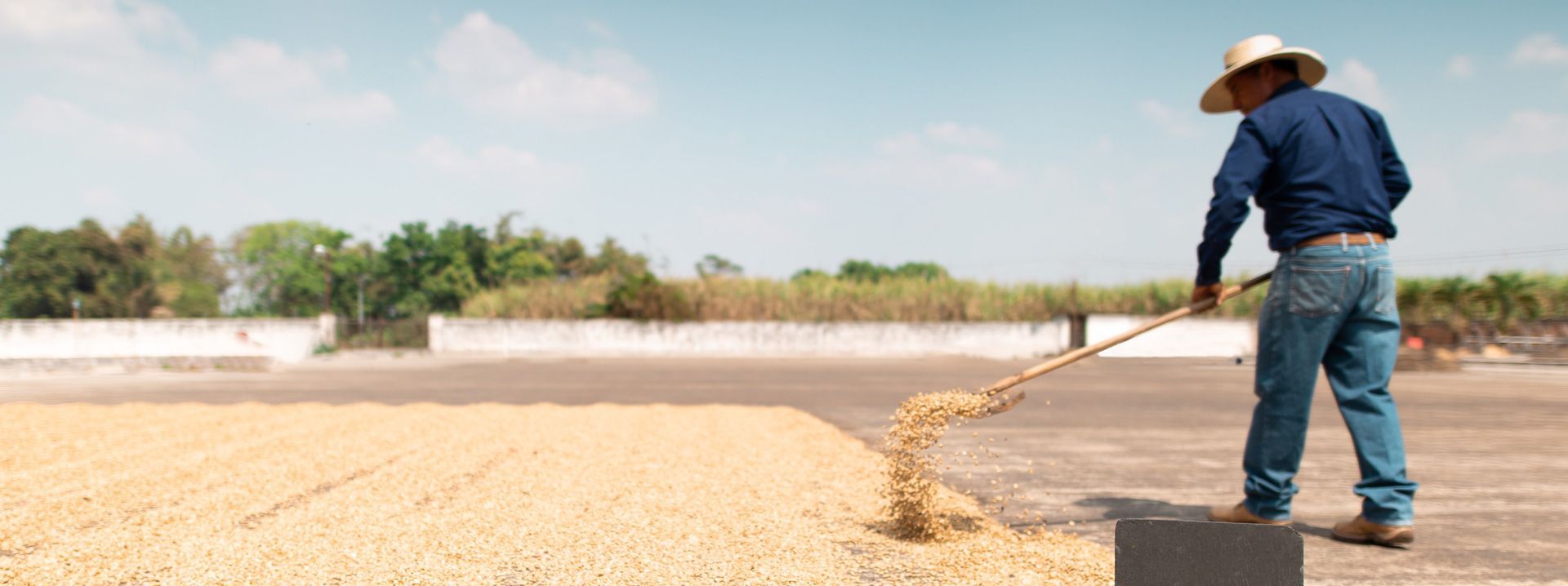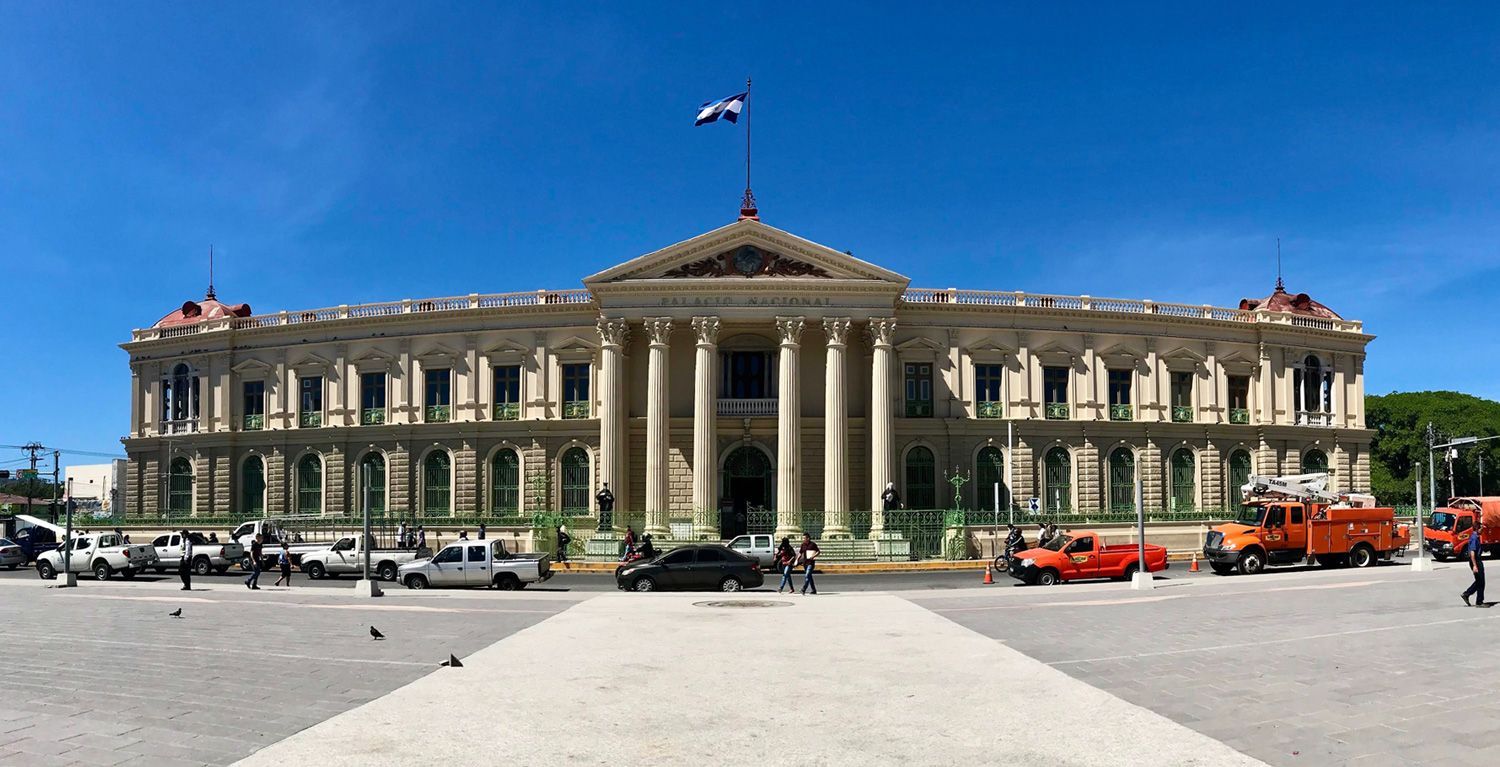In this series, we discuss some of the complexities to consider when expanding your business across borders, or if you’re looking at multinational investment. There are many general issues, and different countries have very different legislation, regulation and tax regimes.
Here, we review some of the complexities to keep in mind when expanding or investing into Portugal.
Introduction
With its young and economically active population, easy access through the Panama Canal, modern infrastructure, and legal tenders of US dollars and bitcoin (from the end of 2021), the Republic of El Salvador deserves consideration as a business destination. And not only because it has the third largest economy in Central America – according to World Bank data, GDP in 2020 was US$24.64 billion.
El Salvador’s economy has traditionally been agricultural, but services and industry now employ a greater percentage of the workforce and account for a higher percentage of GDP. Corn is the chief subsistence crop and, though rice, beans, oilseeds, and sorghum are also grown; coffee and sugar are the major cash crops.
Its landmass of just 21,021 km2 holds a population of almost seven million and runs 270km from Guatemala to Honduras on the Pacific Ocean – making it the smallest country in the continental Americas. El Salvador lies within the Pacific ‘Ring of Fire’, giving this tiny nation regular tectonic activity and a reputation as ‘the Land of the Volcanoes’. But it also has lowlands and large forested areas which provide homes for significant and unique flora and fauna, and make the country an eco-tourism hotspot.
Food and beverage processing is an important industry, though El Salvador’s manufacturing sectors also include petroleum, chemicals, fertilizer, textiles, furniture, and light metals. The country’s main exports include coffee, sugar, shrimp, textiles, and chemicals. The leading imports are raw materials, consumer and capital goods, fuel, food, petroleum, and electricity.
Opportunities
El Salvador commissioned its first geothermal power plant in 1975, giving it unprecedented expertise and making it a regional front runner – indeed, the country now hosts the Geothermal Centre of Excellence, a leading training facility for the geothermal industry. However, other renewable energy sources are yet to be fully exploited, and the country still imports electricity.
IRENA reports: “Given its geographical position, [El Salvador’s] renewable energy potential is abundant and diverse, and includes bioenergy, geothermal, hydropower, ocean, solar and wind. While the country has recently made significant advances in diversifying its energy supply, much of its renewable resource potential remains untapped.”
The country is actively seeking to attract textile companies, offshore business services, tourism, aeronautics, logistics and infrastructure networks, and healthcare.
Companies geared toward manufacturing and exports can setup in one of El Salvador’s seventeen free trade zones. These offer a variety of incentives and benefits, including; exemption from income tax and municipal tax; duty-free imports of machinery, equipment and raw materials; and VAT exemptions.
- Inter-American Development Bank, Tenders in South America
- DgMarket, Tenders Worldwide
- Proesa, Export and Investment Promotion Agency of El Salvador
FDI
In recent years, El Salvador has implemented legislation and a series of incentives to promote FDI, including the Investment Law (which grants equal treatment to foreign and domestic investors), Free Trade Zone Law, and the Law of International Services. The country’s membership in the U.S.’s DR-CAFTA (Dominican Republic-Central America Free Trade Agreement) and its inclusion in the C4 countries (Central America-4 Border Control Agreement between El Salvador, Guatemala, Nicaragua and Honduras) also promote FDI.
At present, the main investing countries are the United States (one-third of the total volume of FDI), Mexico and Guatemala. The textile sector receives the highest amount of FDI, though other key sectors are electricity production, tourism, and telecommunications.
EL Salvador has seventeen free-trade zones, five of which also act as service parks. It also uses export processing zones (EPZs) to receive preferential access to the U.S. market.
Doing business & establishing a company
El Salvador ranks 91/190 in the 2020 Ease of Doing Business report.
The process of incorporation takes around 20 days and involves Notary Publics, CPAs, and requires multiple governmental registrations. Company books and accounting system must also be legalised, as must tax books, and fiscal stationery must be printed (tax credit vouchers, invoices, and so on.) Costs can vary according to the municipality.
Most foreigners with small to medium businesses prefer a SRL structure, while foreign corporations can setup a branch in El Salvador.
| Type | Requirements |
| Public limited company (Sociedad Anonima – S.A.) | At least two shareholders and one director, who can be any nationality, but must have one local director and an auditor. Minimum capital is US$2,000 – 5% of which must be paid into a corporate bank account before setup, balance due within 1 year of incorporation. |
| Limited liability company (Sociedad de responsabilidad limitada – SRL) | Two shareholders and at least one director. Must have at least one local director (known as the legal representative). Minimum share capital is US$2,000 – 5% of which to be paid up at incorporation, the remaining up to one year after setup. |
| Branch (Sucursal) | The parent company are fully responsible for the entity and all its operations. A local legal representative (resident) must be appointed. Minimum capital is US$11,450 – 5% of which must be paid into a corporate bank account before setup, balance due within 1 year of incorporation. |
In addition, El Salvador permits the incorporation of Representative Offices (Oficina de representación), however these types of entities are not permitted to make direct sales within El Salvador or import/export – they can only engage in market research and promoting the business of the company.
Tax & Accounting / Regulatory
All Salvadoran companies must appoint a local director and an auditor.
Corporation tax in El Salvador is set at 30% from income sourced within El Salvador, and admin around the tax regime will require around 180 hours per year.
VAT is set at 13% and there are various withholding taxes applying to dividends, interest, and royalties.
Labour/ Payroll matters
El Salvador operates a 6-day working week of 44 hours. Overtime is paid at 100% of base salary, and workers are allowed to structure their hours – working extra hours during the week to get more time on weekends.
Written employee contracts are required for all employees, though witnesses can be relied on in the absence of these contracts. For any company with more than ten employees, leaders are required to document labour practices and register the documents with the Labour Ministry. Most contracts are for indefinite periods; though fixed term contracts are available, they are only permitted for objective and material reasons, and can only be renewed once.
Social security contributions are set at 7.5% for salaries up to US$1,000, or capped at US$51.49 for salaries above US$1,000. Pension fund contribution is 7.75% of the employee’s salary.
There is also an interesting staffing option available in El Salvador. For companies seeking a local workforce on a limited scale or short-term basis, or if you want to get to know the market better ahead of making a deeper investment, you can officially hire staff via an employer of record in El Salvador. While that firm will act as the official employer of staff, you will retain full control over their schedule and workload.

Banking
Opening your local bank account will take about 4 weeks. Some structures require an account before incorporation, so make sure you leave enough time. You should also be aware that newly opened bank accounts may have restrictions on international transactions for the first 3–6 months.
Commercial banking services in El Salvador are provided by fourteen private banks and two state-owned banks. Depending on the local bank, minimum capital requirements range from US$100-500.
Conclusion
El Salvador is rich in opportunity and challenges, and it’s the first country in the world to introduce bitcoin as legal tender! Forward thinking and progressive, El Salvador should be considered for your move into LATAM.
Auxadi can make your life easier.
Our office in San Salvador can provide the local expertise to help make your Salvadoran enterprise a success.
Local Knowledge – International Coverage
Founded in 1979, Auxadi is a family-owned business working for multinational corporations, private equity funds and real estate funds. It’s the leading firm in international accounting, tax compliance and payroll services management connecting Europe and the Americas with the rest of the world, offering services in 50 countries. Its client list includes many of the top 100 PERE companies. Headquartered in Madrid, with offices in US and further 22 international subsidiaries, Auxadi serves 1,500+ SPVs across 50 jurisdictions.
All information contained in this publication is up to date on 2021. This content has been prepared for general guidance on matters of interest only, and does not constitute professional advice. You should not act upon the information contained in this chart without obtaining specific professional advice. No representation or warranty (express or implied) is given as to the accuracy or completeness of the information contained in this content, and, to the extent permitted by law, AUXADI does not accept or assume any liability, responsibility or duty of care for any consequences of you or anyone else acting, or refraining to act, in reliance on the information contained in this chart or for any decision based on it.



